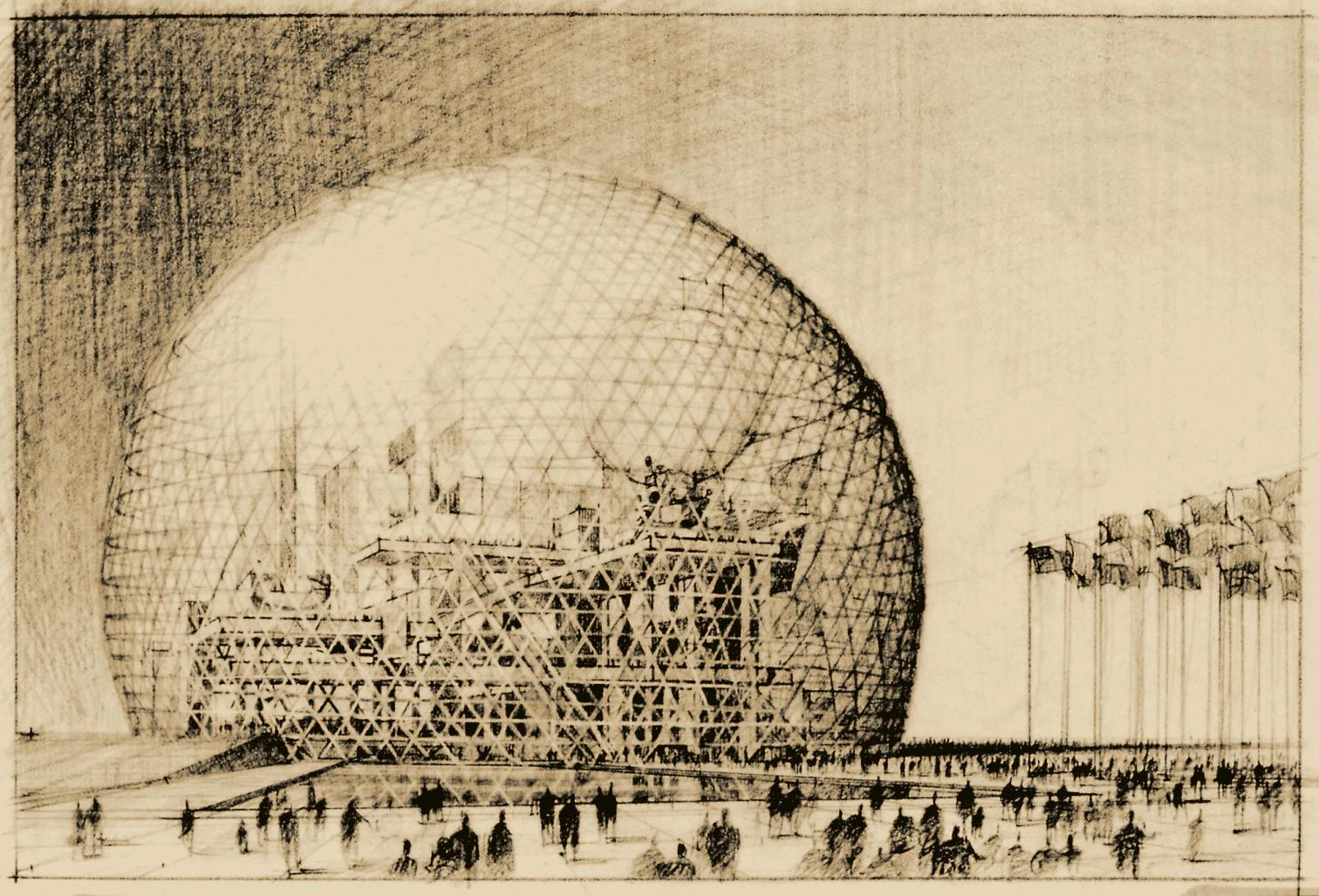
To mention Richard Buckminster Fuller is to mention an amateur who wanted to change the world. It is to evoke the image of a visionary committed to the tiresome craft of surprising without respite, amazing without let-up. It is also to evoke the no less tiresome idea of architecture as the art of constant innovation, and that of the architect as an expert in foreseeing the future, like a prophet. It is to evoke even the decades of buoyant technocracy and gluttonous consumption, the boring halcyon years of developmentalism in the West, circa 1960, that we now, from interesting disturbing times, look back on with longing. All these evocations are much in line with Fuller, but do not help to explain the continued powerful lure of a figure who, objectively speaking, is an anachronism. A figure who was less skilled at innovating or anticipating the future than at failing. Failing with talent, for sure, but failing all the same...
[+]





